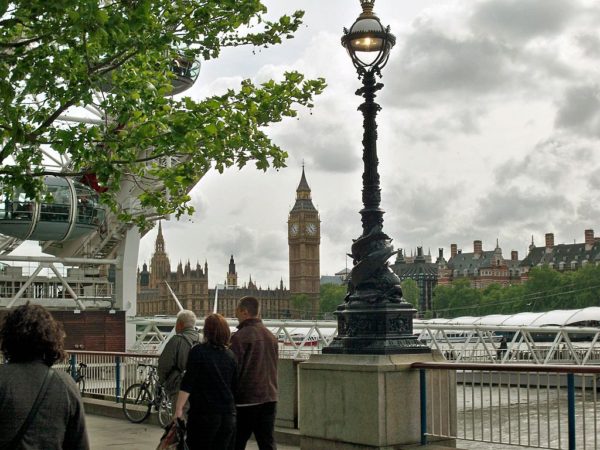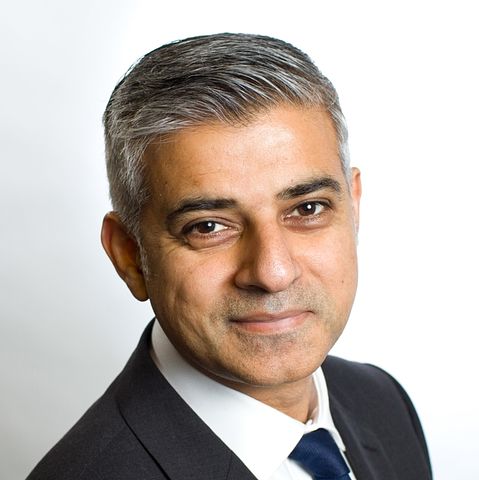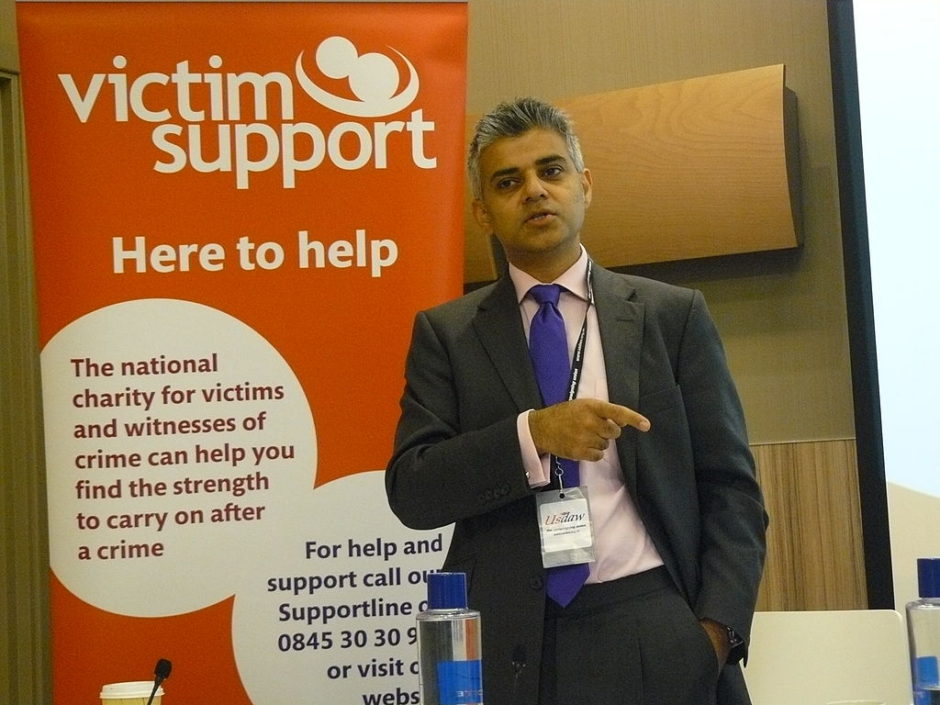Sadiq Khan, the first Muslim mayor of London, can be a role model to his fellow Muslims if he continues to preach the virtues of tolerance and coexistence.
At a time when radical Islam is making disturbing inroads in western European Muslim communities, Khan is setting an example by standing up to this destructive phenomenon
During the election campaign, Khan — the son of working-class Pakistani immigrants — made a point of saying he would be “everyone’s mayor” in what is one of the most cosmopolitan and multicultural cities in the world. In this open and even-handed spirit, he promised “to build bridges” between Christians, Muslims, Jews, Hindus and Buddhists.

While also campaigning, Khan — a Labor Party member of parliament who has held ministerial positions — was frank enough to admit his party has alienated Jewish supporters of late.
“I accept that (it) is not the natural place where Londoners of the Jewish faith have placed their vote,” he said in a reference to the spate of anti-Israel and antisemitic comments that have rolled off the tongues of some Labor Party members, most of them Muslims, in the past few months.
Khan rightly described this upsurge of antisemitism as a “badge of shame.”
Khan’s Conservative Party opponent, Zac Goldsmith, attempted to link him to Muslim extremists by virtue of his previous role as a human rights lawyer defending extremists. Goldsmith’s tactic had no real effect on the outcome of the election, which Khan won handily.
Having been elected, Khan declared, “I’m not a Muslim leader or a Muslim spokesperson. I’m the mayor of London.”
In his first official engagement as its new mayor, he attended a Holocaust memorial ceremony, only 24 hours after one of his predecessors, Ken Livingstone, had the gall to claim that Adolf Hitler had been a Zionist. Khan denounced Livingstone, an inveterate anti-Zionist, and thereby became the first Labor MP to do so.

Cynics might say that Khan’s actions were inspired solely by political expediency. Politicians have been known to pander to voters. This, after all, is the nature of the game. But since Muslims outnumber Jews in London, Khan had no pressing need to appeal to the Jewish electorate. He could have won the election, fair and square, without the support of Jews.
I suspect that Khan’s denunciation of Livingstone, plus his attendance at the Holocaust event, were motivated by principle. Khan appears to be a person who desires to bring people of diverse backgrounds together in the quest for mutual understanding and harmony. He most definitely is not a Livingstone, who tears them apart and sows the seeds of suspicion and animosity.
Long before he decided to run for mayor, Khan was reportedly involved with two organizations dedicated to improving Muslim-Jewish relations in Britain, Alif Aleph and the Coexistence Trust.
There is much work to do in this field, given the incidence of antisemitism in Britain’s Muslim community. According to a recent survey, upwards of 40 percent of British Muslims hold antisemitic beliefs and subscribe to anti-Jewish stereotypes.
At a moment in history like this, when the relationship between Jews and Muslims is so fraught, Britain is in dire need of a politician, like Khan, who believes that mainstream Islam is compatible with Western liberal values.
One can only hope that Khan succeeds. His success will be to everyone’s advantage.
